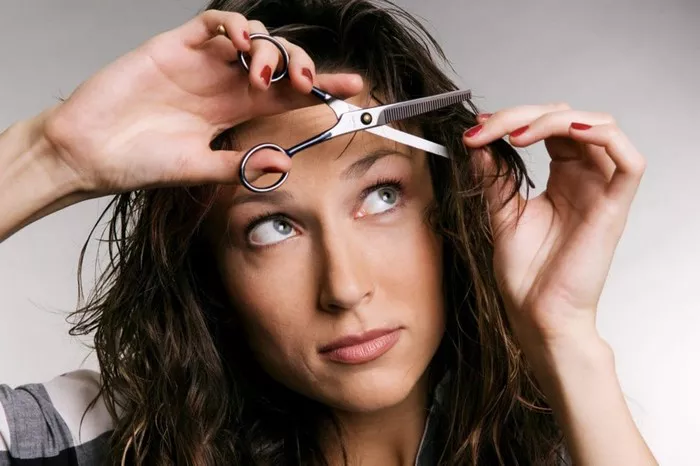Hair loss is a common concern that can affect self-esteem and confidence. Hormone Replacement Therapy (HRT) is a medical approach that has gained attention for its potential to impact various aspects of health, including hair health. In this article, we’ll delve into whether HRT can effectively stop or slow down the process of balding.
Understanding Hormone Replacement Therapy (HRT)
Hormone Replacement Therapy (HRT) is a medical treatment that involves supplementing or replacing hormones, such as estrogen, progesterone, and testosterone, to address hormonal imbalances and alleviate symptoms related to menopause, andropause, or certain medical conditions. It’s commonly used to manage hot flashes, mood changes, reduced bone density, and other effects of hormone decline. HRT can be administered through various methods, including pills, patches, gels, injections, and implants. However, its benefits and risks vary depending on factors like age, health history, and hormone levels. Consulting a healthcare provider is crucial to determine if HRT is suitable and safe for an individual.
The Role of Hormones in Hair Loss
Hormones play a significant role in hair loss, particularly in androgenetic alopecia (male and female pattern baldness). Dihydrotestosterone (DHT), a byproduct of testosterone, binds to hair follicles, causing them to shrink and produce thinner, shorter hair. In women, hormonal changes due to pregnancy, menopause, or conditions like polycystic ovary syndrome (PCOS) can contribute to hair thinning. Thyroid hormones also impact hair health – both hypo- and hyperthyroidism can lead to hair loss. Balancing hormone levels through medications, lifestyle changes, or hormone replacement therapy (HRT) can help manage and sometimes reverse hormone-related hair loss, but consulting a healthcare professional is essential for accurate diagnosis and treatment.
Is there a connection between HRT and Balding?
Yes, there can be a connection between Hormone Replacement Therapy (HRT) and balding. HRT involving certain hormones, such as testosterone and its derivatives, can potentially influence the pattern and rate of hair loss in individuals genetically predisposed to baldness. For instance, in men, HRT that increases testosterone levels might exacerbate male pattern baldness. Similarly, in women, fluctuations in estrogen and progesterone levels due to HRT can impact hair thickness and growth patterns. It’s important to consult with a healthcare professional before starting HRT, especially if there’s a concern about potential effects on hair loss.
What to do if HRT affects hair loss?
If Hormone Replacement Therapy (HRT) is affecting hair loss and causing concerns, consider the following steps:
1. Consult a Healthcare Professional:
Reach out to your healthcare provider who prescribed the HRT. Discuss your hair loss concerns and any noticeable changes.
2. Review HRT Plan:
Your doctor can review your HRT regimen and make adjustments if necessary. They might consider altering hormone dosages or exploring different hormone formulations.
3. Evaluate Other Factors:
Rule out other potential causes of hair loss, such as nutritional deficiencies, medical conditions, medications, and lifestyle factors.
4. Hair Care Practices:
Adopt hair care practices that promote healthy hair, including using gentle products, avoiding excessive heat styling, and being mindful of tight hairstyles that stress the hair follicles.
5. Topical Treatments:
In some cases, topical treatments like minoxidil may be recommended to help slow down hair loss and promote hair growth.
6. Consider Hair Restoration Options:
If significant hair loss has occurred, you might discuss hair restoration options with a dermatologist or hair transplant specialist.
7. Patience:
Hair changes due to HRT might not be immediate, so be patient and give your body time to adjust.
Remember, it’s important to work closely with a healthcare professional to find the best approach that addresses both your hormonal needs and hair health concerns.
See Also: Can Emotional Stress Cause Hair Loss? The Complex Relationship
Conclusion
Hormone Replacement Therapy has the potential to impact hair loss, especially in cases where hormonal imbalances contribute to the issue. Consulting with medical professionals and understanding the potential benefits and limitations of HRT is essential for making informed decisions about addressing hair loss. A personalized approach that considers your medical history, hormonal profile, and overall goals will guide you towards the most suitable solutions for maintaining healthy hair and boosting your self-confidence.


